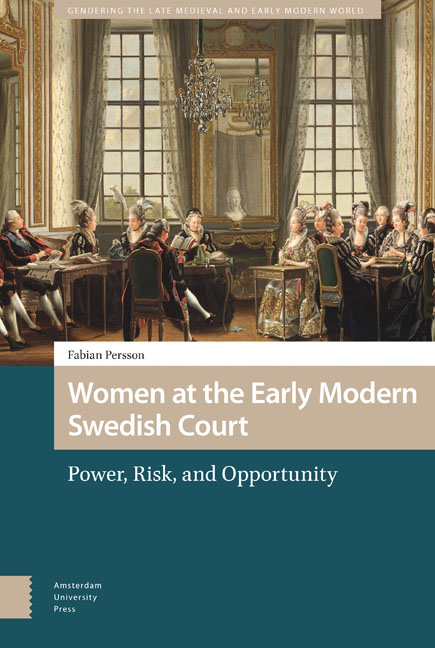7 - Filth Among the Apples: Hierarchy and Gender at Court
Published online by Cambridge University Press: 15 April 2021
Summary
Abstract
Negotiation meant managing the many nuances of early modern hierarchy. Despite the process of codification, especially from the mid-eighteenth century onwards, there was always room for manoeuvre. People at court tried to bend and tweak the etiquette to come up trumps in the hierarchical game. At court, women had the opportunity to rise through the ranks in their own right, and further than society would normally allow. Yet, this rank had to be fought for, defended, and, if possible, increased. The hierarchical game never ended.
Keywords: hierarchy, rank, negotiation, etiquette
One Sunday in July 1779, a levee was held at court followed by a church service. Seating in church depended on rank, and one woman, Stauden, went to take a seat in the pew reserved for ‘Court Mistresses and Ladies of the Palace’, but was corrected by Court Gentleman Wallencreutz and had to move to another pew. Then Countess Rudenschöld and her thirteenyear- old daughter Magdalena posed another problem. As the wife of a Royal Councillor, Countess Rudenschöld was entitled to sit with the other wives of Councillors, though it was not clear what rules applied to her teenage daughter. The thirteen-year-old girl tried to sit down among the Maids of Honour. They, ‘who wanted to protect their rank’, told Magdalena Rudenschöld to go away, and she had to move to the pew reserved for unmarried young ladies. As the church was crowded, old General Charpentier squeezed in next to her, and ‘the old man and this miss like a bridal couple posed a ridiculous spectacle to God's gathering’. Wallencreutz himself tried to improve his own social standing by smuggling in his father to a better seat than usual, but was rebuffed. In the end ‘this whole day was used on church etiquette’.
The coda to this well-orchestrated chaos came later in the day, after a performance of Amphion. The new, revised version of the opera met with general acclaim from the court, which, dressed in its gala best, moved on to supper. Once again Magdalena Rudenschöld was a problem. King Gustaf called over a courtier, Baron Ehrensvärd, to discuss whether the thirteenyear- old could be invited to stay for supper with the Queen?
- Type
- Chapter
- Information
- Women at the Early Modern Swedish CourtPower, Risk, and Opportunity, pp. 169 - 188Publisher: Amsterdam University PressPrint publication year: 2021



